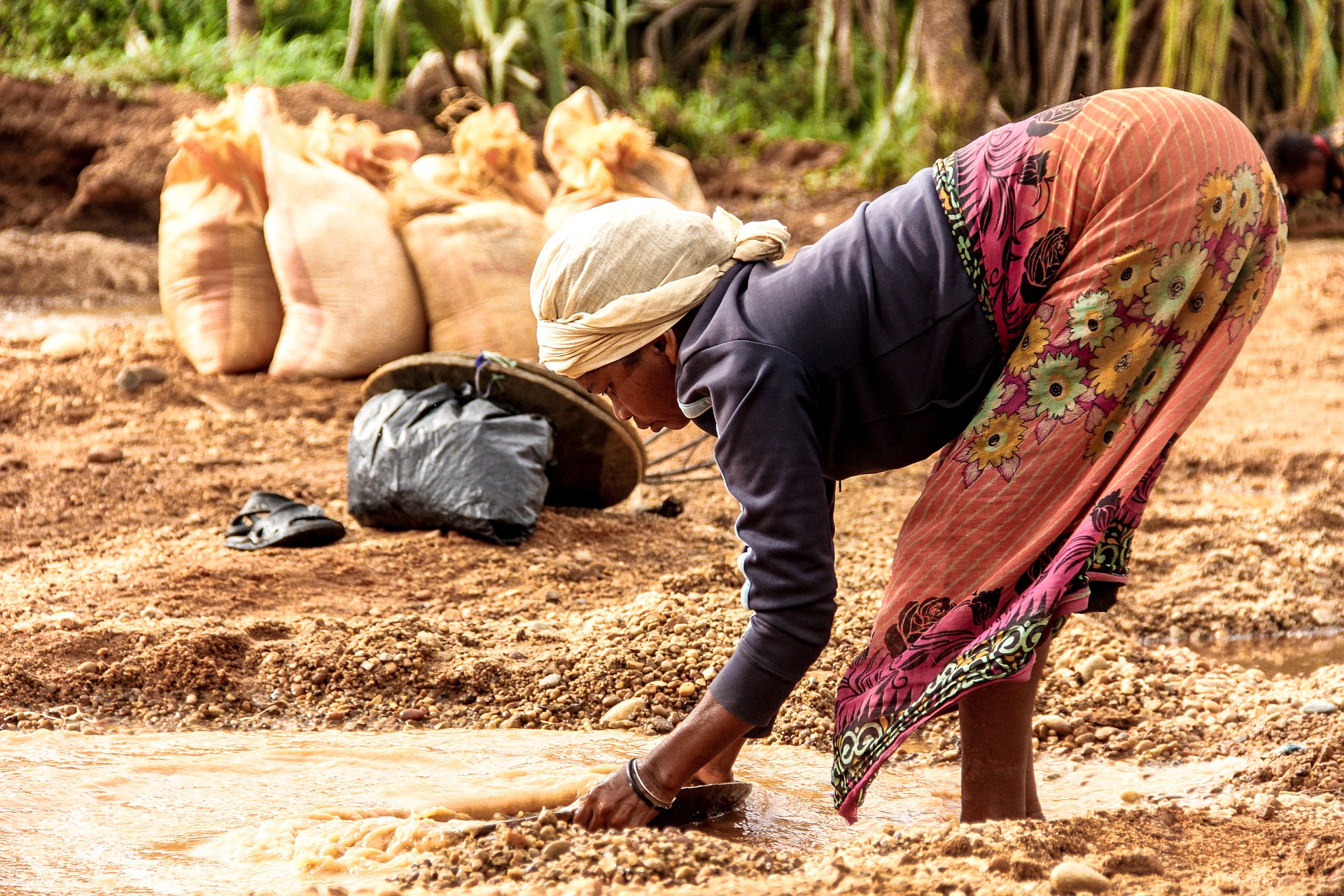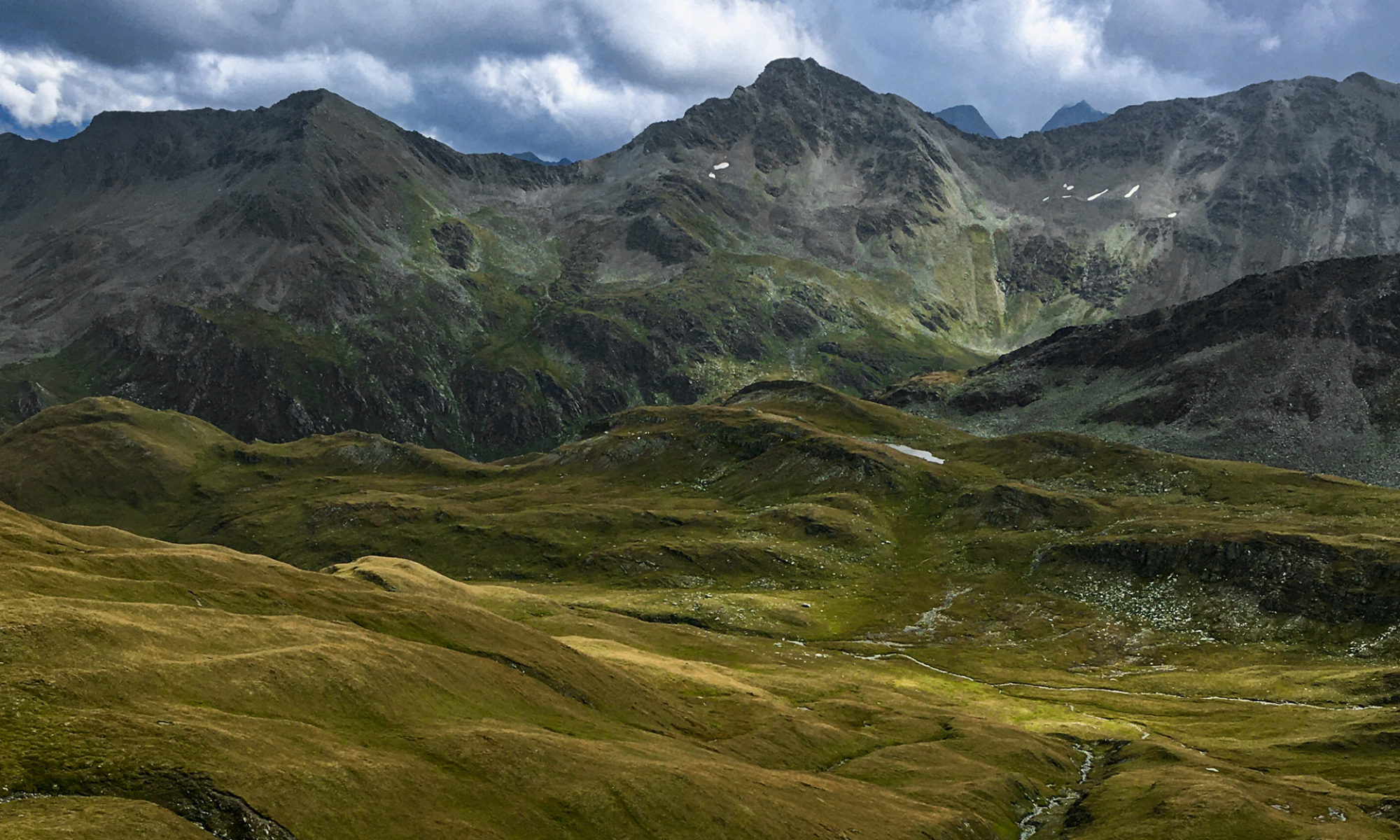A swedish study showed the dramatic consequences of investments in African agricultural land: The local inhabitants are in many cases robbed of water and land.

African soil is becoming increasingly important for foreign investors in order to cultivate various types of seeds on rented fields.
As part of an interdisciplinary Study from Sweden, the water consumption of foreign investors has been studied more closely for the cultivation of seed. Unfortunately, results are rather dry. The study concludes that by leasing contracts of foreign investors, water scarcity and the risk of conflict are rising.

Wood – where money grows
Now, when you think Africa and probably of exotic food, the water at this point is in vain in your mouth. Well, the cultivation in Africa usually has little to do with food for direct consumption. Only 5% of the African country, which is managed by foreign companies, serves the production of, for example, cheaply grown vegetables, tea or fruits. Mainly trees are planted, which contribute to the production of wood, or so-called „flexible crops“ which are used for feeding
Only 5% of the African country, which is managed by foreign companies, serves the production of, for example, cheaply grown vegetables, tea or fruits. Mainly trees are planted, which contribute to the production of wood, or so-called „flexible crops“ which are used for feeding
Mainly trees are planted, which contribute to the production of wood, or so-called „flexible crops“ which are used for feeding livestock, or to produce bio-fuel.
Africa in Focus
Africa, in particular, is increasingly interesting for new agricultural investors. Because on no other continent so much land is managed by foreign companies as here. The reason for this is that prices for land and soil are very low and low labour costs are common. This location is also favourable, however, because there are hardly any regulations for the handling of water in the Treaties. The consequences of the lack of negotiations are reflected in the local population and in animals as well as plants. Water resources, whether sufficient or not, are exploited to the last drop. Once the contracts have been signed, they are tied up to 99 years.
This location is also favourable, however, because there are hardly any regulations for the handling of water in the Treaties. The consequences of the lack of negotiations are reflected in the local population and in animals as well as plants. Water resources, whether sufficient or not, are exploited to the last drop. Once the contracts have been signed, they are tied up to 99 years.
Water resources, whether sufficient or not, are exploited to the last drop. Once the contracts have been signed, they are tied up to 99 years.

Dry consequences included
Foreign companies claim to create more jobs, improve the finances of a country and ensure food security by increasing their production. The reality and the study shows that these projects are seldomly put into practice. The site of the water-intensive cultivation is mainly central and East Africa. There is not enough fresh water to provide sufficient supply to the population. In addition, special infrastructure is necessary for the-of foreign tenants and additional irrigation systems are necessary, which makes fresh water access increasingly vulnerable. Depending on which products you use the borrowed land, the water requirements of the plants vary. The study concludes that most plants grown there have a very high water
There is not enough fresh water to provide sufficient supply to the population. In addition, special infrastructure is necessary for the-of foreign tenants and additional irrigation systems are necessary, which makes fresh water access increasingly vulnerable. Depending on which products you use the borrowed land, the water requirements of the plants vary. The study concludes that most plants grown there have a very high water
The study concludes that most plants grown there have a very high water requirement, and that many fields are located in the focal points of water scarcity.

If we now think about the actual consequences for the population and the animals living there, the spit will be left. Because areas that are already struggling with water scarcity will be faced with further challenges. Since water is necessary for human life, people are in existential distress and conflict arise.
Nature also comes at your expense
These treaties are not only of human concern. Nature also has to contend with such profit-oriented conventions. Because of the additional burden, water pollution and the reduction of biodiversity are becoming more and more important. However, the decision to grow these water-intensive products also requires a great deal of space. To create this, trees are made in the second largest rainforest on Earth. The greed for
However, the decision to grow these water-intensive products also requires a lot of space. To create this, trees are made in the second largest rainforest on Earth. The greed for arable land of foreign investors, therefore, knows almost no boundaries.

The study of the University of Lund concluded that in the future more attention needs to be paid to which contracts are concluded. Residents of areas affected by foreign land investment suffer because of profit maximisation and has conflicting consequences on the environment too.
What’s going to happen?
For this reason, factors such as regional water access and water requirements of the planted products are to be examined in advance of a signature. In addition, certain regulations are required in dealing with water in future contracts with investors. All these demands seem logical, but they are by far more than a drop in the hot stone.
Published in Biorama 2016
